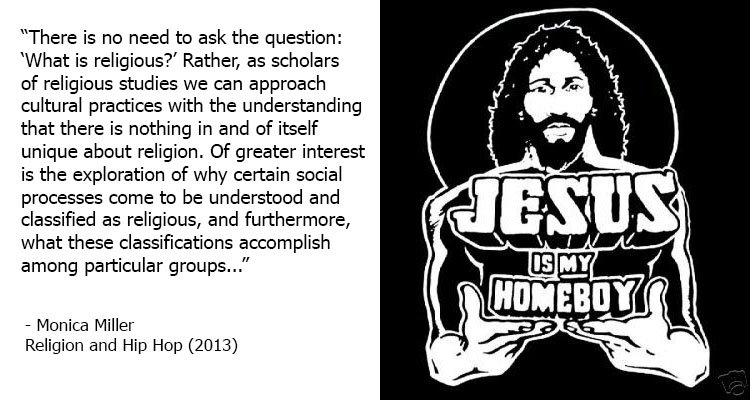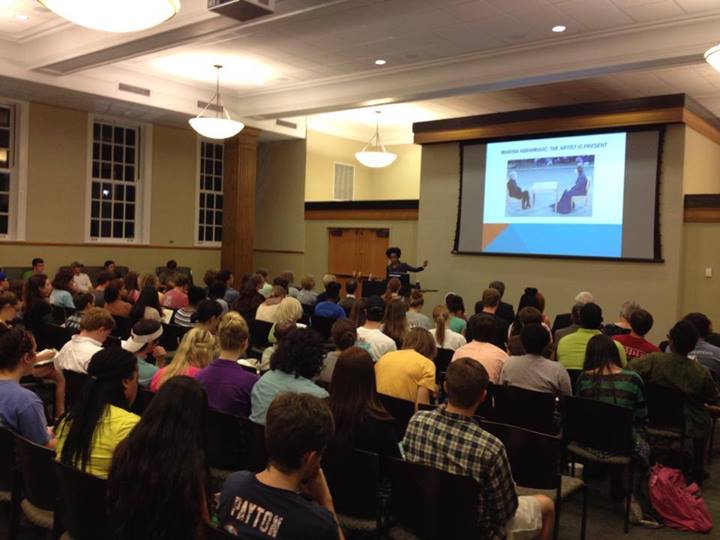Following the recent Supreme Court decision on Hobby Lobby, this image — created by a conservative young woman who wanted to signal defiance to American liberals — received a lot of attention:

One response was to point out that this is little different from other forms of “religious fundamentalism.” The story — posted by a friend of mine on Facebook with the comment “Checkmate” — posted a photo comparison with commentary: Continue reading “Can a State Be Fundamentalist?”

 Well, I’ll take that challenge.
Well, I’ll take that challenge.
 What’s in a name? In “
What’s in a name? In “ You should follow
You should follow  Have you seen this really cool optical illusion now making its way around the internet?
Have you seen this really cool optical illusion now making its way around the internet?  Are you following what’s now unfolding in the US state of Oklahoma? No? As just reported in
Are you following what’s now unfolding in the US state of Oklahoma? No? As just reported in  For scholars of religion this is just too rich an example not to grab hold of and ride as far as it will take us.
For scholars of religion this is just too rich an example not to grab hold of and ride as far as it will take us.  I’m continually fascinated by the manner in which scholars claim to be historically-inclined — thereby distinguishing themselves from mere amateurs or wannabes — in the very moment that they sprout wings and transcend history. For example, my own interest for some time has been the history and use for the category religion — i.e., what’s socially, politically, etc., at stake (for good or ill) in naming something as religion (or as faith, as spiritual, as tradition, as experience, etc.) and then treating it as such, presuming it shares some hidden link with other things so named. Many people now claim to work in this area, making such a focus on the category religion seem something other than cutting-edge.
I’m continually fascinated by the manner in which scholars claim to be historically-inclined — thereby distinguishing themselves from mere amateurs or wannabes — in the very moment that they sprout wings and transcend history. For example, my own interest for some time has been the history and use for the category religion — i.e., what’s socially, politically, etc., at stake (for good or ill) in naming something as religion (or as faith, as spiritual, as tradition, as experience, etc.) and then treating it as such, presuming it shares some hidden link with other things so named. Many people now claim to work in this area, making such a focus on the category religion seem something other than cutting-edge.  Read
Read 